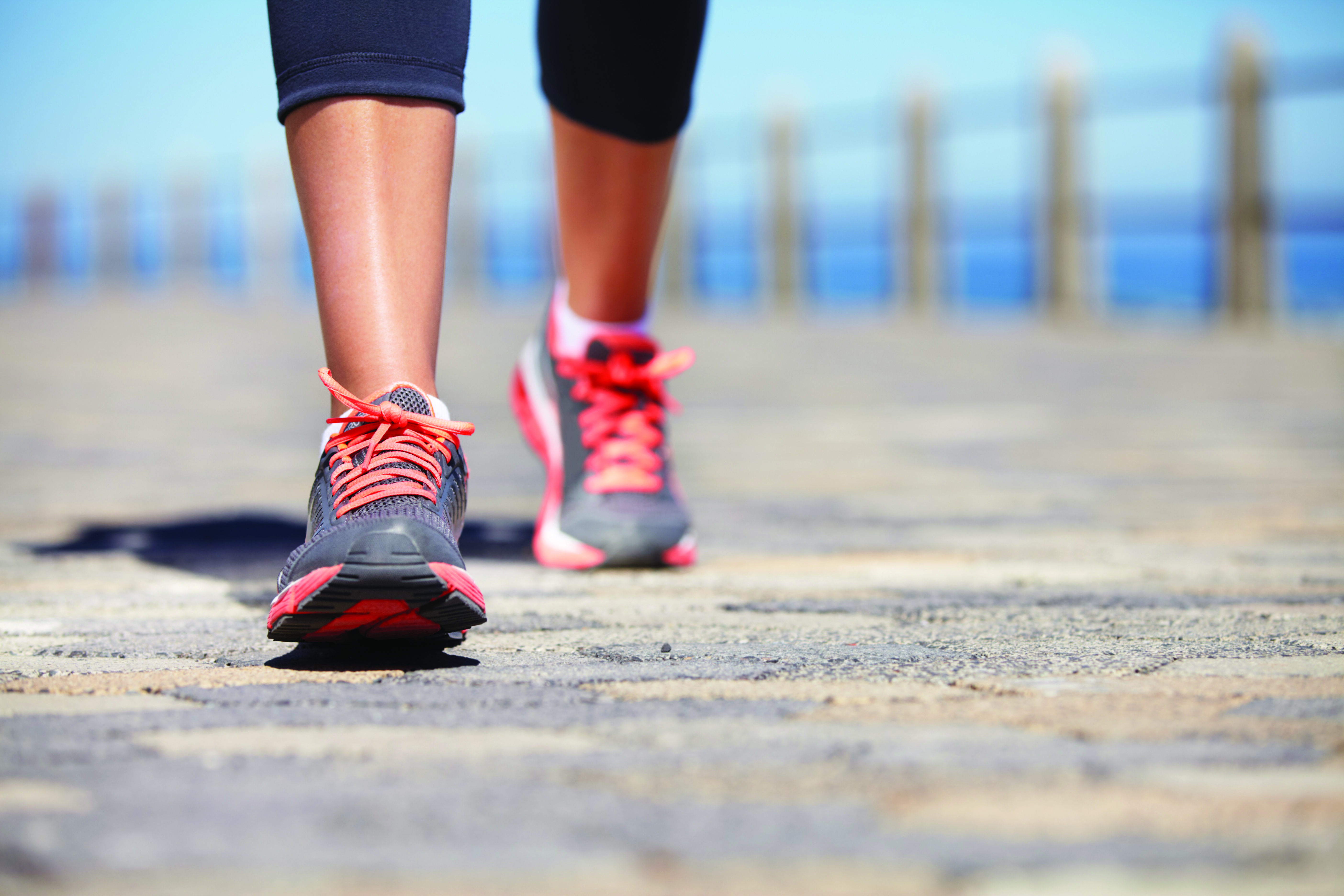New research using data from The Irish Longitudinal Study on Ageing (TILDA) at Trinity College Dublin shows that being physically active, for example by walking for at least 150 minutes per week, is associated with more social participation and better mental health and wellbeing.
However, only three out of five Irish adults aged 50 years and over walk for the recommended target of at least 150 minutes per week. The findings, which come from two separate reports, are summarised in a Research Brief released by TILDA today.
The findings show that:
- Two-thirds of the Irish population aged 50 years and older report low or moderate levels of physical activity while only one-third report high levels of activity, based on the International Physical Activity Questionnaire.
- Middle-aged and older Irish adults with high levels of physical activity report greater participation in social activities, less anxiety, better quality of life, and less loneliness compared to those with low physical activity levels.
- Middle-aged and older adults with low levels of physical activity are over twice as likely to have clinically relevant depressive symptoms as those with high levels of physical activity (14% versus 6%).
- Interventions should specifically target women, older adults, those in employment, those who are not engaged in non-church related social activities and those living in built-up areas such as apartments.
These findings also provide a profile of those who are less active which can be used to ensure that the appropriate groups are targeted for intervention as part of health promotion campaigns and initiatives.
Dr Orna Donoghue, Project Manager on TILDA said: “Walking is a simple and accessible activity for most people and walking just 150 minutes is sufficient to achieve improved mental health and better quality of life.”
Lead author on the Age and Ageing paper, Dr Gabrielle McKee, commented: “Many of the factors associated with physical activity, such as participation in social activities, sitting behaviours, body mass index and mental health, are modifiable and therefore open to intervention at both an individual and a health promotion level.”
Co-author and Principal Investigator of TILDA, Professor Rose Anne Kenny, further added: “Policies and initiatives aimed at increasing physical activity including walking have the potential to improve physical and mental health, social engagement and overall wellbeing among the over 50s in Ireland.”
These findings underscore the vital contribution that current initiatives such as the Get Ireland Active plan, launched recently by the Department of Health, and future policies to promote physical activity may make in optimising health and wellbeing amongst the ageing population.
Report Details:
- Donoghue O, O’Connell M. Research Brief: Physical activity in community-dwelling older Irish adults. Dublin: The Irish Longitudinal Study on Ageing, January 2016.
- Donoghue O, O’Connell M, Kenny RA. Walking to Wellbeing: Physical Activity, Social Participation and Psychological Health in Irish adults aged 50 years and Older. Dublin: The Irish Longitudinal Study on Ageing (TILDA), January 2016.
- McKee G, Kearney PM, Kenny RA. The factors associated with self-reported physical activity in older adults living in the community. Age and Ageing. 2015;44: 586-592.


No comments:
Post a Comment